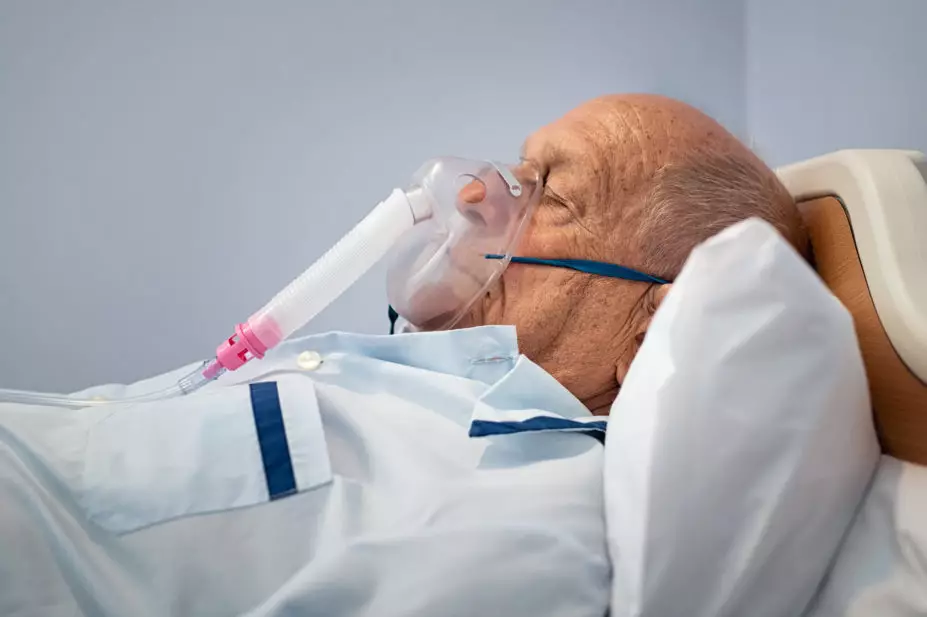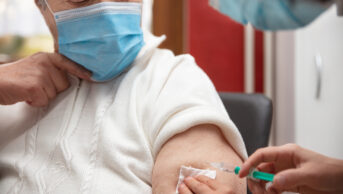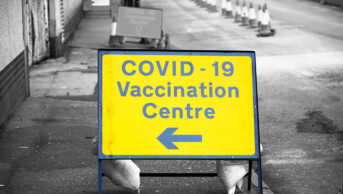
Shutterstock.com
Interferon beta 1-a plus remdesivir is not associated with clinical benefits in patients hospitalised with COVID-19, results from a large randomised controlled trial in Lancet Respiratory Medicine have suggested.
Functional impairment of interferon (IFN), a natural antiviral component of the immune system, is associated with the pathogenesis and severity of COVID-19; therefore, study authors set out to assess the efficacy of interferon beta-1a — a multiple sclerosis medication — in combination with the antiviral, remdesivir, for patients hospitalised with COVID-19.
The researchers carried out the ‘Adaptive COVID-19 Treatment Trial 3’ (ACTT-3) at 63 hospitals across five countries — Japan, Mexico, Singapore, South Korea, and the United States.
Eligible participants were adults, aged 18 years and over, who were hospitalised with COVID-19, as confirmed by a positive PCR test, and who met certain criteria suggestive of a lower respiratory tract infection, such as requiring supplemental oxygen.
Each of the 969 participants were randomised to receive intravenous remdesivir as a 200mg loading dose on day one, followed by a 100mg maintenance dose administered daily for up to nine days, plus, either, up to four doses of 44μg of interferon beta-1a or placebo, administered subcutaneously every other day. The primary outcome of the study was time to recovery.
Overall, the researchers found that participants in both groups had a recovery time of five days. The likelihood of clinical improvement at day 15 was also similar across the two groups.
Patients who did not require high-flow oxygen at baseline were more likely to have at least one related adverse event in the interferon beta-1a plus remdesivir group than in the remdesivir plus placebo group (7% versus 3%). This lead to modification of the trial in September 2020 to stop enrolling participants with severe COVID-19 who required high-flow oxygen and to exclude people who required mechanical ventilation.
“It is possible that interferon beta-1a could have increased the inflammatory response, leading to more severe respiratory disease in these patients,” the authors said.
The authors concluded that although their results contrasted with those of other observational studies and randomised trials, considering the size and design of ACTT-3, it was “unlikely” that subcutaneous interferon beta 1-a showed efficacy in patients hospitalised with COVID-19.
However, they said that the study did not inform on the efficacy of interferon beta-1a in patients with early-stage or mild disease, who do not require hospitalisation, nor on the effect of interferon beta-1a without concomitant use of steroids.
“IFN is suppressed early in SARS-CoV-2 infection, and early treatment could still be beneficial and needs to be evaluated in rigorous studies,” they added.
Read more: Everything you need to know about the COVID-19 therapy trials


